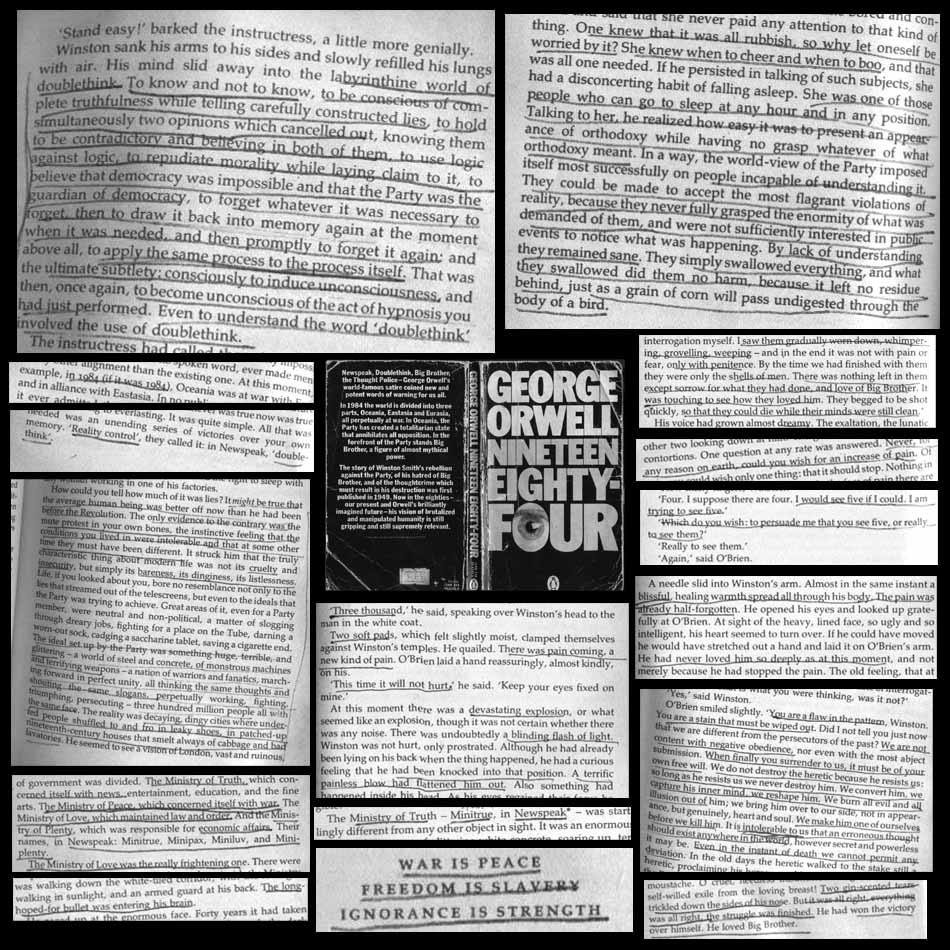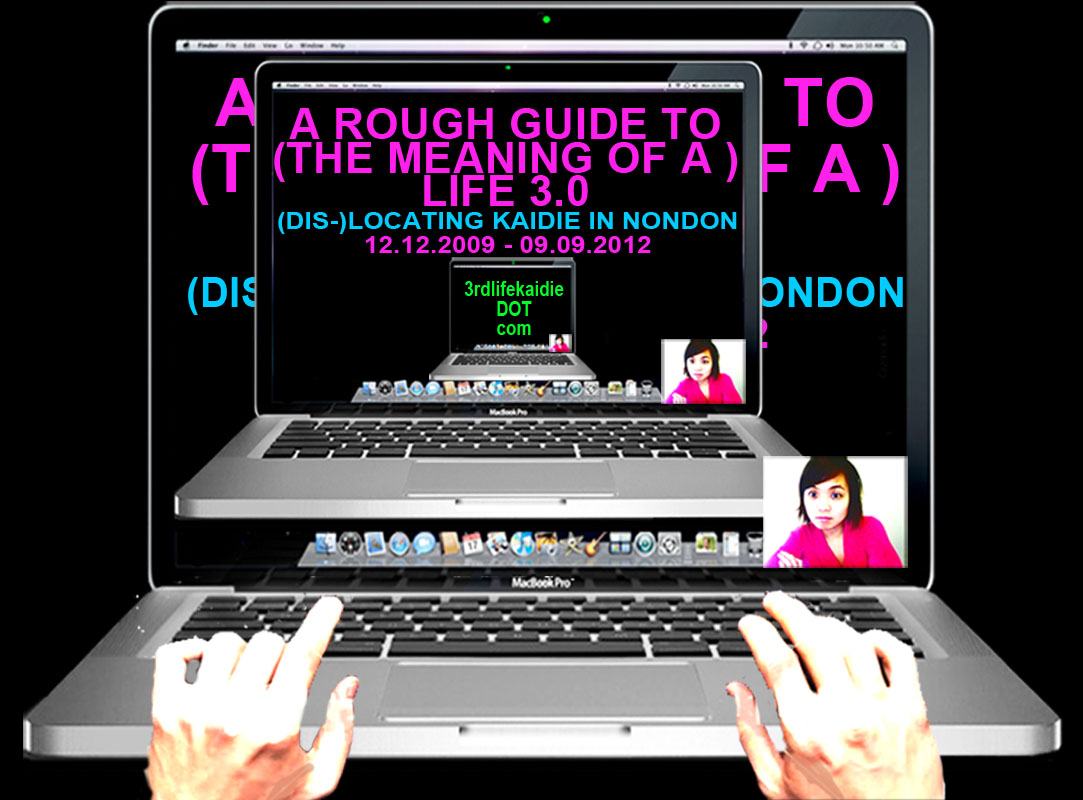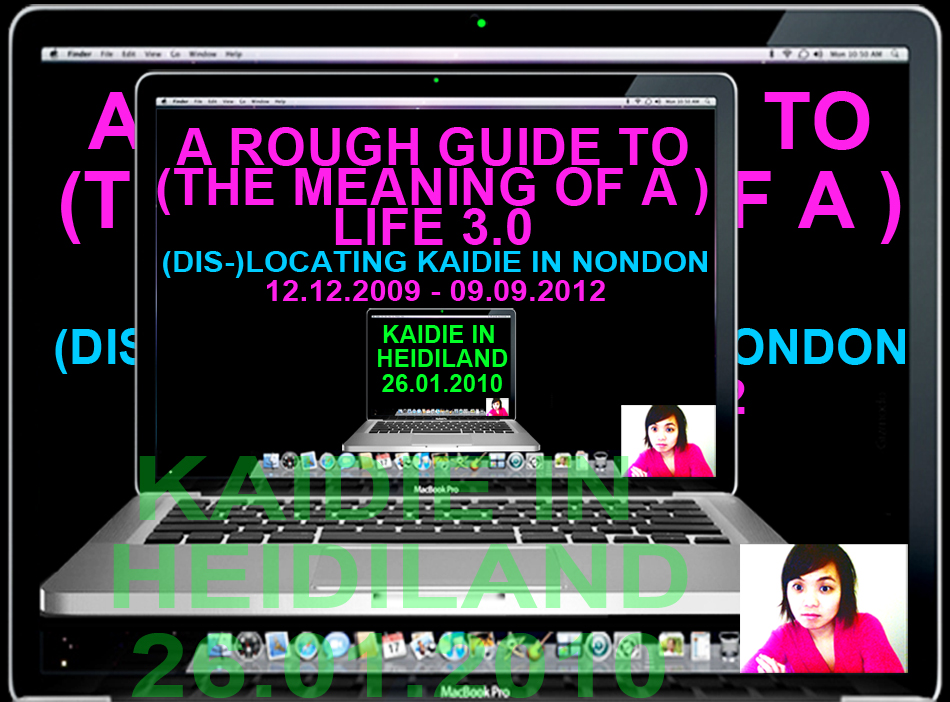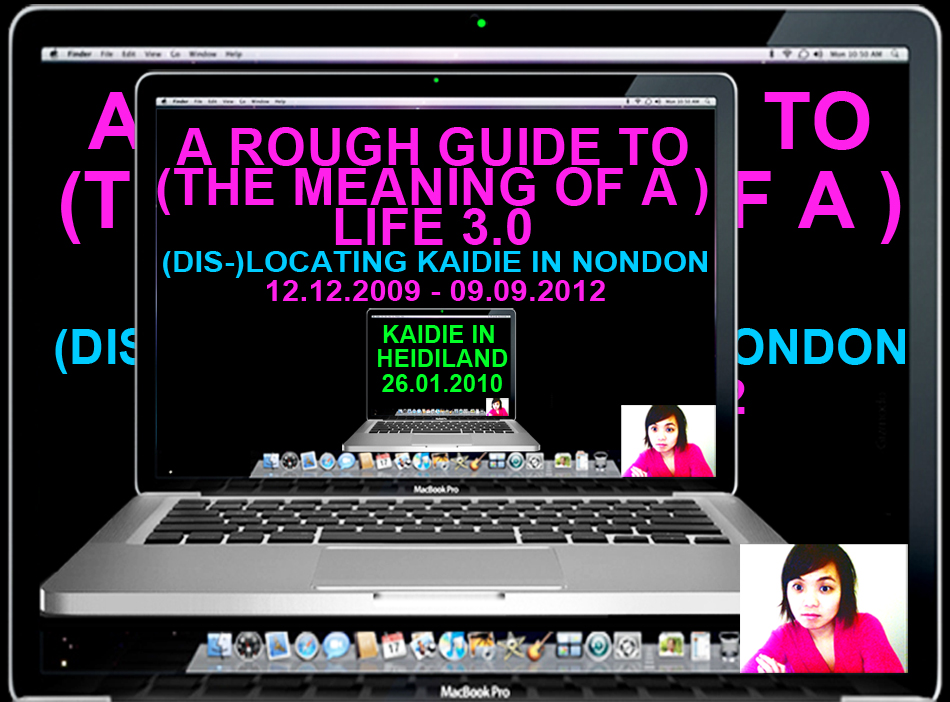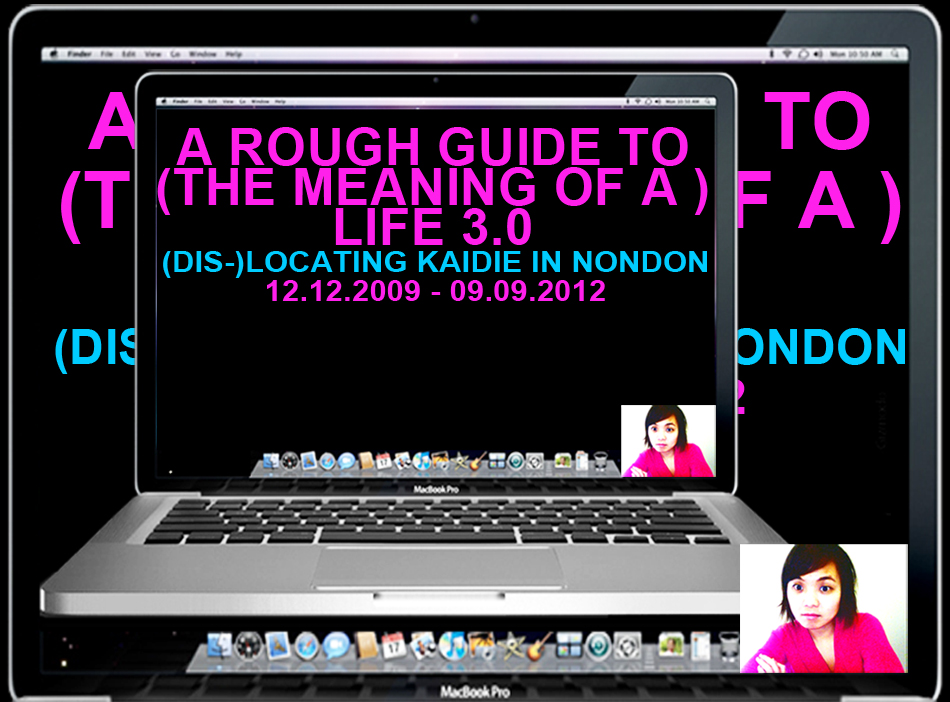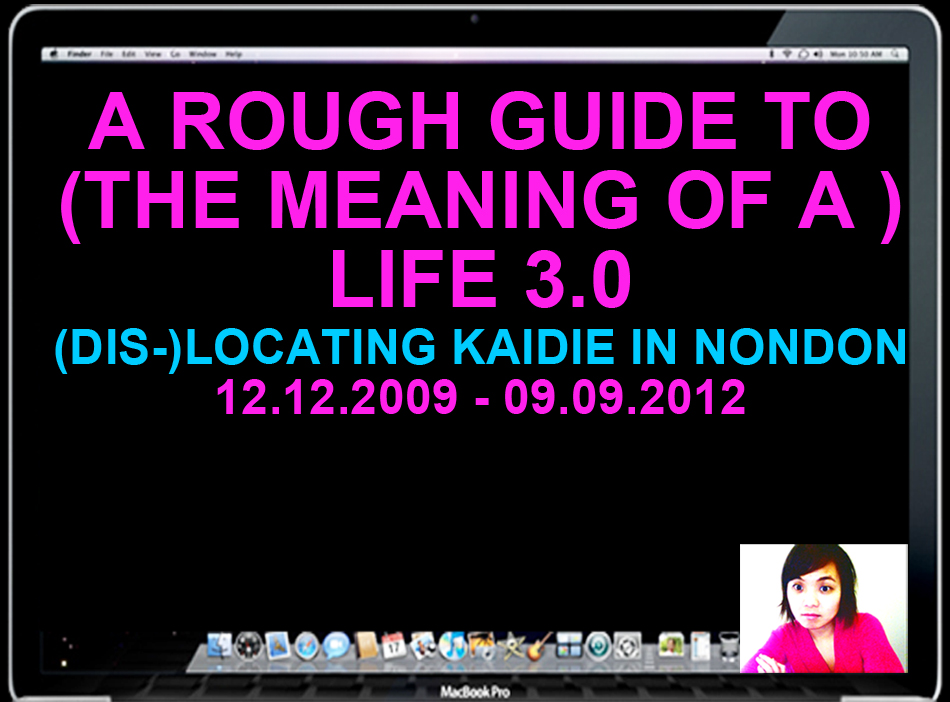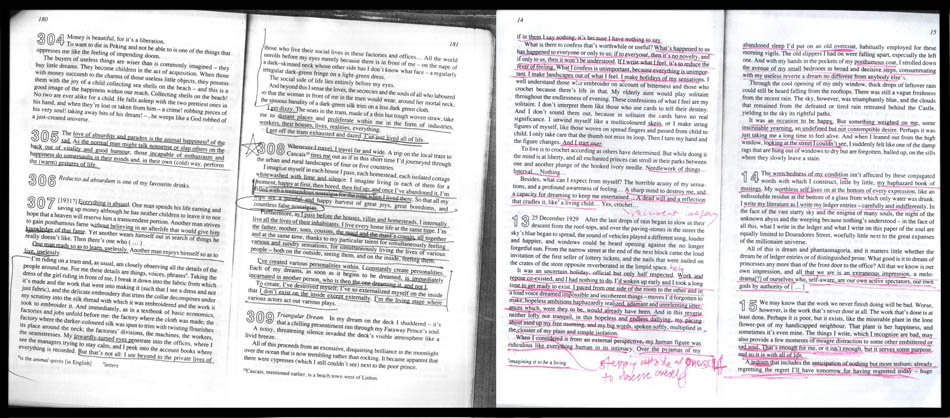ARE YOU ALIVE? ENTER QUIZ NOW! LIFE QUIZ A
Of course, I would love to meet all of you out there, and most of all, YOU, yes YOU! But please understand that I can’t quite do that, much as I would love to (yes, believe me, for real). So the best space and time where we can come together is here. FILL THIS UP AND SUBMIT TO KAIDIE, NOW! There are more than 5 different quizzes. Do complete them all! And you can fill up as many as you wish. I will publish the most interesting ones! THOSE WITH THE BEST ANSWERS WILL WIN A SPECIAL, SECRET PRIZE FROM KAIDIE!
DOUBLETHINK: CONTRADICTORY IN TERMS
One of Kaidie’s guidebooks in Life 3.0 is George Orwell’s 1984, for several reasons. Like Life 3.0, the city of London is the novel’s mise-en-scene. In Orwell’s universe, reality is seen through an inverted lens, where the Ministry of Defence fights permanent wars, and the Ministry of Love (I love this- ‘miniluv’) operates through the mechanism of fear. That deep parallels can be drawn with our reality today can not be emphasised enough. And, like the notion of doublethink, Life 3.0 embodies contradictions without contradiction, with no apology. Like Smith, Kaidie is an experiment; while Smith’s choices may seem limited compared to Kaidie’s in Life 3.0, like Kaidie, Smith contrives to seek spaces within which he could exist/live/be. Orwell’s depiction of Smith’s process of torture through to reeducation and final love of Big Brother, is so slowburning that the final inevitable explosion – or, more accurately, implosion – resembles fingernails scratching a chalkboard, largo, breaking in the process and the small sharp bits scratching and incising the pink raw skin where the nail once was itself, a procedure so calculated and clinical as to be chilling, heartbreaking, repulsive and devastating as it is sublimely beautiful, a la Pasolini’s 120 Days of Sodom, Kubrick’s Clockwork Orange or a Gould’s rendition of the slow movement of the Emperor concerto. Yet another reason why 1984 resonates with Kaidie is of course, how it has been said that the circumstances of one of her previous lives was ‘Orwellian’.
SUPERMAN/SAMSARA, LIGHTNESS/WEIGHT
NIETZSCHE:
* THE GAY SCIENCE (1882): What if a demon were to creep after you one day or night, in your loneliest loneness, and say: “This life which you live and have lived, must be lived again by you, and innumerable times more. And mere will be nothing new in it, but every pain and every joy and every thought and every sigh— everything unspeakably small and great in your life—must come again to you, and in the same sequence and series—” Would you not throw your self down and curse the demon who spoke to you thus? Or have you once experienced a tremendous moment, in which you would answer him: “Thou art a god, and never have I heard anything more divine!”
* THE BIRTH OF TRAGEDY (1872): The metaphysical comfort—with which, I am suggesting even now, every true tragedy leaves us—that life is at the bottom of things, despite all the changes of appearances, indestructibly powerful and pleasurable—this comfort appears in incarnate clarity in the chorus of the satyrs, a chorus of natural beings who live ineradicably, as it were, behind all civilization and remain eternally the same, despite the changes of generations and of the history of nations.
* THE WILL TO POWER: Everything becomes and recurs eternally – escape is impossible! – Supposing we could judge value, what follows? The idea of recurrence as a selective principle, in the service of strength (and barbarism!!)… To endure the idea of the recurrence one needs: freedom from morality; new means against the fact of pain ( pain conceived as a tool, as the father of pleasure…); the enjoyment of all kinds of uncertainty, experimentalism, as a counterweight to this extreme fatalism; abolition of the concept of necessity; abolition of the “will”; abolition of “knowledge-in-itself.” Greatest elevation of the consciousness of strength in man, as he creates the overman.
KUNDERA, THE UNBEARABLE LIGHTNESS OF BEING (1984):
* And what can life be worth if the first rehearsal for life is life itself?
* We can never know what to want, because, living only one life, we can neither compare it with our previous lives nor perfect it in our lives to come.
*Parmenides saw the world divided into pairs of opposites: light/darkness, fineness/coarseness, warmth/cold, being/non-being.
* What then shall we choose? Weight or lightness?
* Was he correct or not? That is the question. The only certainty is: the lightness/weight opposition is the most mysterious of all.
* The heaviest of burdens is simultaneously an image of life’s most intense fulfillment.
* The absolute absence of a burden causes man to be lighter than air, to soar into the heights, take leave of the earth and his earthly being, and become only half real, his movements as free as they are insignificant.
* History is as light as individual human life, unbearably light, light as a feather, as dust swirling into the air, as whatever will no longer exist tomorrow.
ARE YOU A LONDONER? ENTER QUIZ NOW! LONDON QUIZ 1
Of course, I would love to meet all of you out there, and most of all, YOU, yes YOU! But please understand that I can’t quite do that, much as I would love to (yes, believe me, for real). So the best space and time where we can come together is here. FILL THIS UP AND SUBMIT TO KAIDIE, NOW! There are several different quizzes. Do complete them all! And you can fill up as many as you wish. I will publish the most interesting ones! THOSE WITH THE BEST ANSWERS WILL WIN A SPECIAL, SECRET PRIZE FROM KAIDIE!
“IT’S BEEN A LONG TIME SINCE I’VE BEEN ME.”
Há muito tempo que não sou eu. – Fernando Pessoa, A Factless Autobiography, edited by Richard Zenith, Lisbon, 2006, p. 143
A phrase like ‘face-value’ would have been more than a double-entendre when it comes to describing someone like Portuguese poet /writer Fernando António Nogueira Pessoa (1888- 1935), who invented ‘at least 72 identities’[i] in a self-mythologising ‘theatre’ of himself[ii]. This is all the more intriguing given that the author is nearly unknown in his own country, and that his work is only discovered and published posthumously. It is from the mountains of fragments – of some 25,000+ manuscripts written by the Pessoa under a multitude of pseudonyms – that one can begin to attempt to re-construct one, or a few, re-presentations of Pessoa(s).
The rather wonderful Richard Zenith elucidates the Pessoa’s craft:
The fragmentary state of the archives is emblematic of the author’s literary project of depersonalization. “Be plural like the universe!” wrote Pessoa with a flourish on a scrap of paper left in his famous trunk of manuscripts, and he set the example, multiplying himself into three major “heteronyms”-Alberto Caeiro, Ricardo Reis, and Alvaro de Campos- along with dozens of lesser “dramatis personae” who wrote poetry, stories, essays and criticism, very often about each other. Teresa Rita Lopes, one of Portugal’s most knowledgeable and astute Pessoa scholars, convincingly argues that the universe of Pessoa was a vast and ongoing theatre of himself, and she cites the protean poet’s own words as evidence. He wrote, for example, that the heteronyms “should be considered as distinct from their author. Each one forms a drama of sorts; and together they form another drama…. The works of these three poets constitute a dramatic ensemble, with careful attention having been paid to their intellectual and personal interaction. … It is a drama in people, instead of in acts.” [iii]
Zenith writes a most brilliantly eloquent forward in Pessoa’s Book of Disquiet, which I strongly urge you, my dear reader, to read, and, of course, the book itself, which is nicely structured as aphorisms which you can dive into from any page, in a non-linear fashion, which is my kind of book, being a restless time-&-space-traveller with a highly challenged attention-span myself. Some of them are reproduced here, for you to have a bit of a taster. I scanned them with my best little friend, the lovely 6-year-old Renee, just before I ended my last life, and whom I do miss quite a bit from my previous life.
[i] John Gray, “Assault on authorship.” New Statesman, 2001. <http://www.newstatesman.com/200105280043> [accessed 9 July 2009]
[ii] Richard Zenith, “Fernando Pessoa and the Theatre of His Self,” Performing Arts Journal, 15 (1993), 47-49. I am responsible for highlighting the text in bold.
[iii] Zenith, p. 48.
UPDATABLE GLOSSARY: LONDON, NONDON, NON-LONDON
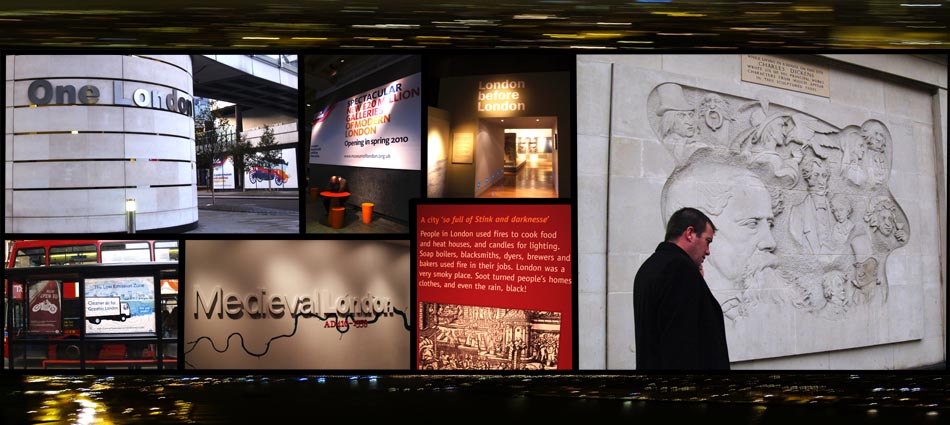
The world has more than One London, including the one 'so full of Stink and darknesse', and - get this - London BEFORE London (?!?)
GLOSSARY/ WIKI ABOUT THE UNIVERSE OF KAIDIE / LIFE 3.0, AND THE THEATRE OF CHARACTERS (ongoing). SEEKING DEFINITIONS AND MULTIPLE+ALTERNATIVE DEFINITIONS! CONTRIBUTE NOW!
VARIATIONS OF LONDON:
* London, UK:
* London A-Z:
1) Contribution by reader KathyMartens 12/12/2009: ‘Something that ALL Londoners carry! Hallmark of a Londoner. If you don’t own one, you’re not a Londoner.’
* Nondon:
*Londoner:
1) Following KathyMartens’ definition, one that carries an A-Z.
* Nondoner:
1) Question from Michiko 12.12.2009: Is Kaidie the only inhabitant of Nondon?
* Virtual London: project by CASA at UCL; other digital versions of Londons
* At least 12 Londons in USA:
* Little Londons all over the UK, and Serbia, and Jamaica:
* Quite a few Londons in Canada:
* ‘London’ according to Patrick Keiller, Will Self, Woody Allen, Rowling/Potter, Loach, Gilliam, Neil Gaiman, Dickens, Wilde, Woolf, Kureishi, Rushdie, Hitchcock and Bond – James Bond:
DO YOU HAVE A FAVOURITE VERSION? HAVE YOU YOUR OWN VERSION OF LONDON TO SHARE WITH ME? OR, ARE THERE COPIES OF YOUR CITY OUT THERE? HAVE YOU YOUR PERSONALISED VERSION OF YOUR CITY?
